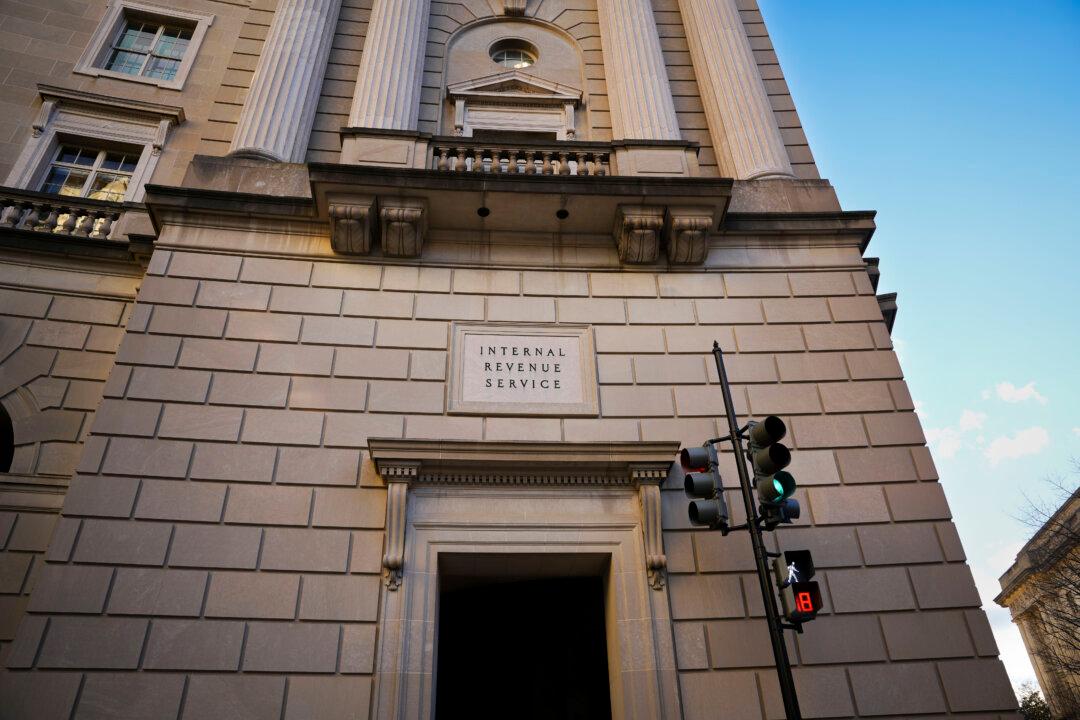Some organizations will be unable to electronically file two key tax returns due between Jan. 15 and March 15 and might need to request a filing extension from the Internal Revenue Service (IRS).
“The Internal Revenue Service today alerted a limited group of tax-exempt organizations that they won’t be able to electronically file Form 990-T, Exempt Organization Business Income Tax Return, or Form 1120-POL, U.S. Income Tax Return for Certain Political Organizations, until March 17, 2024” due to system upgrades, the agency said in a press release Thursday.





